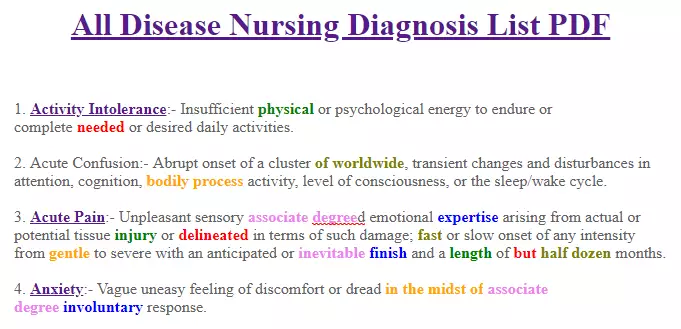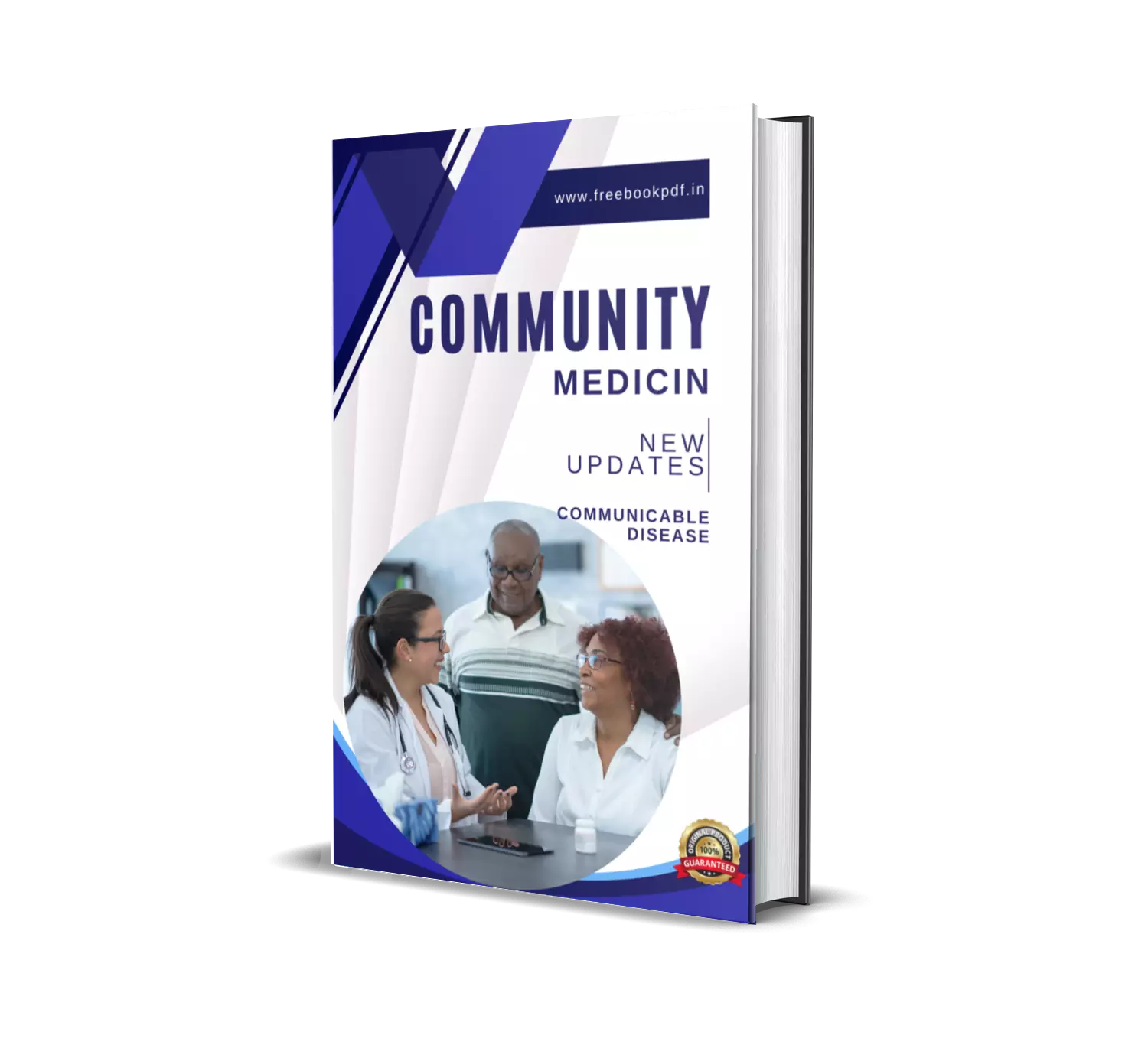what is the mining of research?
- The word research is derived from the French word “researcher “.
- Research is divided into – Re and search.
- ” Re ” means – New, once again, or fresh.
- ” Search ” means – to look for something or examine it closely and carefully, to test and try or to prove.
Nursing research definition
- Research is defined as the detailed and careful study of something to find out more information about it.
- A/c to J.W. Best 1969 – Research may define a systematic and objective analysis and recording of controlled observation that may lead to the development of generalization, principles, and theories, resulting in prediction and possible ultimate control of events.
- A/c to Ruth M. French 1968 – Research essentially is a problem-solving process a systematic, intensive study directed towards full scientific knowledge of subject studies.
- Research is defined as a scientific and systematic process to answer the question in relation to the facts.
Definition of Nursing Research
- A/c to ICN 1986 – Nursing research is a way to identify new knowledge and improve professional education and practice and use resources effectively.
- A/c to S.K. Sharma 2005 – Nursing research is the scientific and systematic and orderly process to find out solutions for problems concerning nursing or generating and refining nursing knowledge, to improve quality of nursing Care, Nursing administration and nursing education.
- A/c to polit and hungler 2001 – Nursing research is defined as a systematic search for knowledge about the issue of importance of nursing.
Purpose of Nursing Research
- To provide a scientific basis for the nursing profession.
- To provide evidence-based practice.
- To refine and develop the nursing principles and theories.
- To increase the professional knowledge in nursing.
- To develop the scientific base of knowledge that is useful for providing quality nursing care, administration and education.
- To help in the continuous growth of the nursing profession.
- To provide advanced technology in the health sector.
- To provide advanced practice to solve nursing problems.
- To increase the accuracy of different nursing education and administrative techniques.
- Help the nurse to identify the boundaries of her profession.
- Nursing research helps to generate new ideas.
- To make a precise formulation of the problem.
- To prepare oneself to be a diligent researcher.
- Develop new techniques, tools, or new knowledge.
Characteristics of good research
-
Begin with a clearly defined purpose –
- Good research can always be conducted only in an effective manner and start with a clearly defined purpose.
-
Orderly and systematic process –
- Orderly and systematic way conducted research is considered to be good, because it is the most important criteria for a scientific research process.
-
Finding a solution to a problem –
- good research is essential for solving professional problems.
-
Based on the current professional issues –
- always a good research based on the current’s issues and current problem that the public is facing.
-
To develop, refine and expand the professional knowledge –
- good research essential to generate the new knowledge or expand the knowledge in the public.
- Perform the activity slowly –
- a good research does not do any activity quickly, it needs lots of time and patience.
-
Try to collect first-hand information data –
- A good researcher collects all information and data directly from the subject by different methods.
-
Include appropriate methodology –
- The choice of methodology in any research depends on many factors as each variable and research has unique characteristics.
-
Generate conclusions to repair and improve professional practices –
- Good research cannot be conducted successfully unless it contributes to reinforcement and progress in the professional practice.
-
Adequately carried out activity –
- A good research activity is incomplete and poor until the data collected is adequately and properly analyzed using a standardized and accepted method of data analysis.
-
Use of valid and reliable data collection tools –
- Good research depends upon the validity and reliability of the research tool.
- Good search is evidence-based practice.
- Good research is interesting and motivating.
- Good research is carefully recorded and reported.
- Directed towards development or testing the theories.
- Good research activity strives to communicate the findings as widely.
Types of Nursing Research

-
Qualitative research
- Qualitative research referred to the meanings, definitions, concepts, characteristics, symbols, metaphors and descriptions of things.
- The qualitative research is used to understand the individual perceptions of events.
- Qualitative research helpful to analysis of data such as words, pictures or objects.
- Qualitative research is subjective data that provides a rich description of complex phenomena.
- Qualitative research describes social phenomena as occurring naturally.
-
Phenomenology research –
- The goal of the phenomenological method of research is to explain how any participant experiences a specific event.
- Phenomenological method used interview, observation and surveys to obtain information from the subjects.
- Describe the structure of experience, as they present themselves to consciousness, without beliefs from theory, deduction or other discipline.
- 2. Ethnography research –
- Ethnography is the primary research that provides a framework for studying the pattern, meaning and experience of a defined culture group in a holistic fashion.
- They reach and intact the culture group in a natural setting during the prolonged period.
- Ethnography research involves the researcher embedding himself into the daily life and routine of the subject.
-
Grounded theory research –
- grounded theory starts with questions or the collection of data.
- Grounded theory research helps the nurses to understand and develop real-world knowledge about health.
- It seeks theory that is comparable with the evidence.
-
Case study research –
- A case study research methodology that is commonly used in social science.
- A case study is based on an in-depth investigation of a group, event or single individual to find out the cause of the underlying theories.
-
Historical research –
- The meaning of historical research studies of past events in an attempt to effects and causes of events, and their effects in current events.
- Historical research in which critical inquiry of the past events and produce an accurate description and interpretation of those events.
2. Quantitative research
- Quantitative research is a statistical research in which numerical data should be collected for assessment.
- Quantitative research uses statistical, computational and mathematical tools to derive the results.
- Quantitative research includes objective data that is concerned with tight control over the research situation and the ability to generalize findings.
-
True experimental research –
- In experimental research a researcher actively introduces the intervention or treatment.
- Experimental studies are explicitly designed to test causal relationships.
- True experimental research emphasizes the interval validity.
-
Quasi-experimental research –
- Quasi-experimental research essential to manipulate an independent variable without the random assignment of participants to condition.
- The quasi experimental research schedule does not randomly assign participants to treatment or control groups for comparison.
-
Non experimental research –
- Lack of the manipulation of an independent variable in non-experimental Research and random assignment of participants to conditions or orders of condition or both.
-
Descriptive research –
- Descriptive research is responsible for describing the characteristics of the population phenomenon that is being studied.
-
Exploratory research –
- Exploratory research is unstructured and informal research that is conducted to clarify and define the nature of a problem.
-
Cor- relational research –
- Research is helpful to determine the relationship among 2 or more variables without any attempt to influence them.
Difference between quantitative and qualitative research
| S.N | Qualitative research | Quantitative research |
| 1. | Subjective data | Objective data |
| 2. | Small sample size | Large sample size |
| 3. | Flexible and emerging design | Structured and predetermined designed |
| 4. | Whole is greater than part | Parts are equal to whole |
| 5. | Inductive analysis | Deductive analysis |
| 6. | Understandable research | Predictable research |
| 7. | Data are not countable and measurable | Data are countable and measurable |
| 8. | Multiple truth | One truth |
| 9. | Result presented as narrated data++ | Result presented as statistics data |
| 10 | Data collection by interview, observation etc. | Data collection by questionnaire, scales, tests, etc. |
3. Basic research
Basic research is pure Research and fundamental research.
Basic research conduct without specific purpose.
It is the aim to improve scientific theories for improved understanding for prediction of natural or other phenomena.
Basic research generally carried out by universities.
Basic research is motivated by a scientist’s curiosity or interest in scientific questions.
4. Applied research
applied research based on functional purpose and practical uses.
The aim of applied research is to search for a solution for an immediate problem facing a society.
Applied research is methodology that is used to solve specific and practical issues that are affected by the individual or group.
Difference between basic and applied research
| S.N | Basic research | Applied research |
| 1. | Seek generalization | Study specific cases without the purpose of generalization |
| 2. | Wider scope | More specific scope |
| 3. | Report in technical language | Report in common language |
| 4. | Explain ” why ” things happen | Explain ” How ” things can be changed |
| 5. | Curiosity driven | Client driven |
| 6. | Less connected with the economy | Highly connected with economic pursuits |
Importance of nursing research
Nursing research is very important for the nurse to understand the various dimensions of the professions.
Research helps in the nursing profession to define the role of nurses.
Help to generate information regarding nursing careers.
Research is an essential tool for continuous development of nursing knowledge.
Nursing research helps to know about particular nursing situations.
Nursing research provides advanced technology in the health sector.
Nursing research helps in easing the services of Nursing.
Help to evaluate all nursing services.
To allow the nurses to make more informed decisions at each stage of the nursing process.
To provide the facility in the nursing practice and clarify the role of nurses in the healthcare delivery system.
To provide the effective and low-cost healthcare services.
Help in promotion of patient and nurse relationships.
To control the undesired outcomes.
Scope and areas of nursing research
Research in nursing practice.
Research in nursing education.
Research in nursing administration.
Health system and outcome care.
Research in nursing practice
Nursing research helps to evaluate the nursing experience and intervention for health promotion, prevention of illness and individual, family and community care in diverse settings.
To improve the quality of care.
To improve the quality of life.
To manage cardio-pulmonary critical illness.
Related Post




To conduct the National health programmes.
To evaluate the success of community health Care.
Research in nursing education
To provide a skilled nursing education.
Research on teaching in the clinical setting.
To develop and evaluate the efficient educational techniques.
To identify the new method of education.
To develop learning skills of students through technology.
Research in Nursing Administration
To encounter the several problems and issues that require solutions.
To study nursing records.
Study of the hospital information system.
Manpower utilization study.
Research in health system and outcome care
To develop the cost-effective model of healthcare for rural and deprived communities.
Steps of the research process
Identification of research problem
↓
purpose of the study
↓
literature of review
↓
formulation of objective
↓
determine Research design
↓
Collection of data
↓
Analysis of data
↓
Analyse and evolution the information
↓
Execution of project
↓
analysis and interpretation
↓
Prepare and present the final Research report
↓
Communicate the research results.
Identification of research problems – The research problem is explained through a process from identifying a general area of interest for a particular subject.
Identify the importance of research problems in terms of contribution to the patient, society and nursing profession.
Purpose of the study – The purpose of this research is what researchers have to achieve with research.
Literature of review – Literature of review is helpful to develop the strong knowledge to carry out the research in the education and practice setting.
Literature of review provides a method of investigation already studied in relation to the proposed study.
It is also helpful to identify the variables that may influence research.
Formulation of objective – The object is the goal, you set to achieve in your studies.
Object informs a reader what you want to achieve through study.
Objectives are – main objectives
Subject objectives.
Determine Research design – Research design is a Blueprint that describes how to study and how to analyse it.
Generally, Research design based on the review of literature and theoretical framework.
Data collection – The researcher put the Research design into the action and collected data.
Data should be collected in an ideal way, it means reliable, accurate and unbiased data collection.
Data analysis
Before the data analysis, data should be collected in the quantitative research.
Statistical analysis fails to summarise, organise and reduce the data.
Descriptive analysis is useful to explain the specific characteristics of the data.
Analyse and evaluate the information
- Collect all the information related to the topic and discard those not related to the topic.
- Analysis and interpretations – Analysis and interpretations are helpful to summaries the collected data and provide the answer to the questions that triggered while research.
Prepare and present the final Research report
Prepare research completely and communicate research results through conferences, seminars, journals, reports, and verbally.
Nursing research Notes pdf
| Introduction of Nursing Research.pdf | Download |
| Problem Solving Nursing Research.pdf | Download |
| Problem Solving Process.pdf | Download |
| Research Problem.pdf | Download |
| Review of Literature.pdf | Download |
| Scientific Method of Research.pdf | Download |














